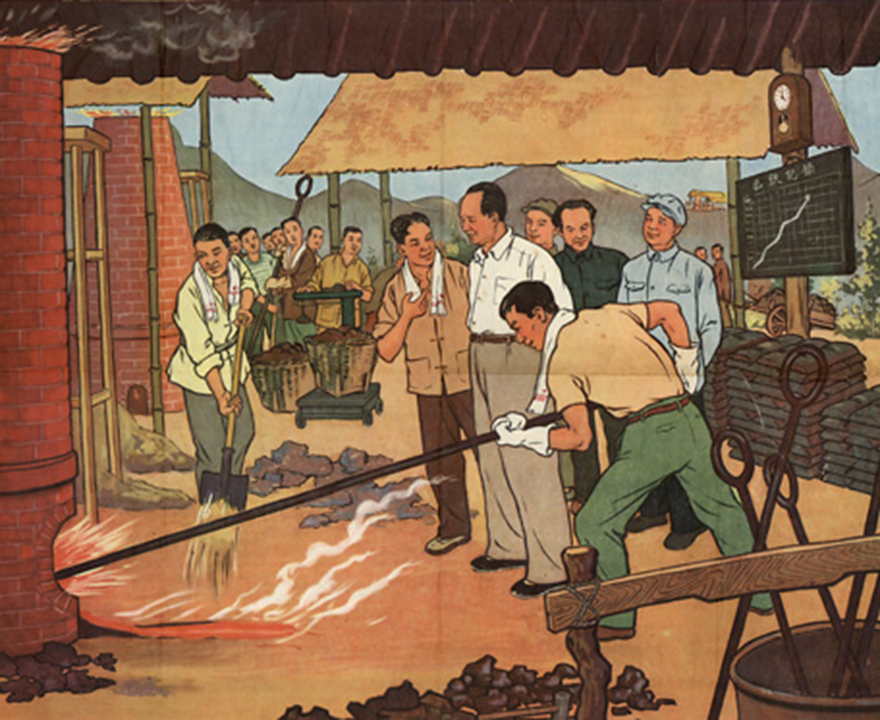Underdevelopment in Rural China: Measuring the Legacy of the Great Leap Forward (1958-1961)
 China’s Second Five-Year Plan, known as the Great Leap Forward, infamously spurred
the Great Chinese Famine (1959-61) in which over 30 million rural Chinese died, but
social scientists have paid insufficient attention to the role of the Great Leap policies
on subsequent outcomes for the affected communities. Part of the neglect emanates
from incomplete information about the application of the policies themselves at a
disaggregated geographic level. Focused investigations into the detrimental effects
of the related Great Famine’s legacy downplay other consequences of the state policies,
which forced rural Chinese to reorganize their communities, households, and labor
to meet national production goals in agriculture and industry. This research uses
geographic and political factors of the time to reflect the policies’ intensity in
sub-provincial regions. The empirical analysis shows that in the areas governed by
a relative ideologically radical administration during the Great Leap, rural households
located within rugged terrain have enjoyed a relatively positive impact of the Great
Leap policies on their income as of the year 2010. Finally, possible transmission
mechanisms for the policies’ effects on subsequent development are considered.
China’s Second Five-Year Plan, known as the Great Leap Forward, infamously spurred
the Great Chinese Famine (1959-61) in which over 30 million rural Chinese died, but
social scientists have paid insufficient attention to the role of the Great Leap policies
on subsequent outcomes for the affected communities. Part of the neglect emanates
from incomplete information about the application of the policies themselves at a
disaggregated geographic level. Focused investigations into the detrimental effects
of the related Great Famine’s legacy downplay other consequences of the state policies,
which forced rural Chinese to reorganize their communities, households, and labor
to meet national production goals in agriculture and industry. This research uses
geographic and political factors of the time to reflect the policies’ intensity in
sub-provincial regions. The empirical analysis shows that in the areas governed by
a relative ideologically radical administration during the Great Leap, rural households
located within rugged terrain have enjoyed a relatively positive impact of the Great
Leap policies on their income as of the year 2010. Finally, possible transmission
mechanisms for the policies’ effects on subsequent development are considered.
Elizabeth Gooch is an assistant professor of economics at the Naval Postgraduate School
in Monterey, California. Her research interests lie at the intersection of economics,
political science, and history. After receiving her Ph.D. in Economics from Georgia
State University in 2014, Dr. Gooch worked for four years as a research economist
in the U.S. Department of Agriculture’s Economic Research Service and published research
papers on China’s agricultural sector and trade issues. Dr. Gooch's interest in China
began with her study abroad in China’s Sichuan province in 2002.


connect with us: